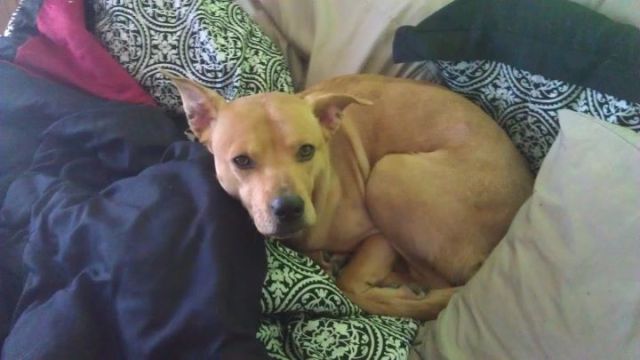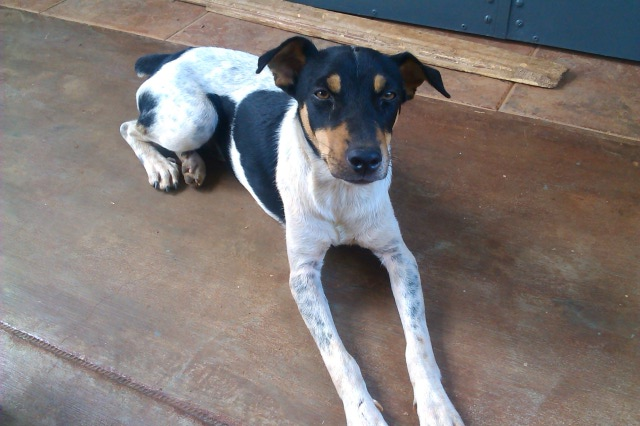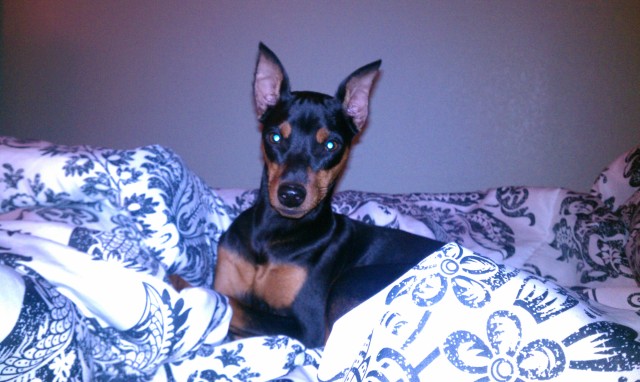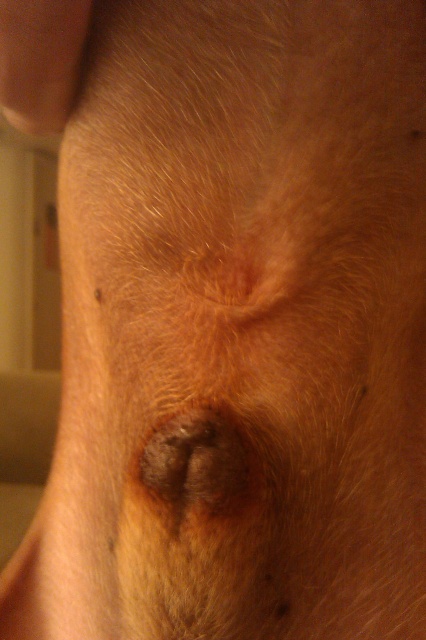QuestionI have a one year old border collie, we got him from a rescue centre. He appears healthy and is currently registered with the vet, we are due to visit. He is very active and can be quite obsessive, as I understand collies to be (also have a 13 year old collie). Problem is, he is not putting on weight and is underweight. I feed him twice daily with healthy snacks in between, ie cheese, dog biscuits and treats. Have tried cutting out some of the snacks when he doesn't eat his main meals in hope that he might eat all his dinner up. But no different. He eats it all up very rarely.......I have tried unpteen different kinds of dry food and he seems to prefer Iams puppy/junior mixed with rice or pasta, a bit of tinned meat in with it and gravy. I have tried every which way but he's just not eating enough. Jin is very active and I literally have to stop him from running around chasing our chickens in the garden! And doing all the things that young dogs do. He gets himself worn out otherwise. Should I carry on feeding twice a day, or would you suggest three times? I am going to start giving him a sandwich at lunch time also! And is there a diet you would suggest for him? Many thanks
Answer
Hi Linda,
You've said that your dog appears to be healthy, but until you have him examined by a vet to confirm that he IS healthy, you really don't know.
I'd go three or even four feedings a day. Puppy food is often recommended for malnourished dogs because of the extra nutrients it contains. He's better off with a puppy food "growth formula" than he would be with a sandwhich. What you don't want the dog to discover is that there's something better to "hold out for", when it's hard enough to find a food that he thrives on. Look for a meat-based puppy food, such as:
Innova Puppy Formula
California Natural Puppy
Canidae All Stages Of Life
Wellness Puppy SuperMix 5
Some dogs find canned food more tempting than dry.
It is suggested that dogs mildly to moderately underweight be provided with a diet moderately high in fat and protein. These diets should have adequate levels of carbohydrates but not predominantly carbohydrate. Try to feed products that show (for dry food) fat content of 18% and protein 28-30%.
Talk to your vet about him being underweight, and don't forget to bring a fresh stool sample with you to the vet appointment. Be sure the vet examines your dog's mouth too, to rule out a dental problem or cracked tooth, which could make him reluctant to eat.
Best of luck,
Patti

 why now?
Question
my dog
I have a 2 year old dog, that mo
why now?
Question
my dog
I have a 2 year old dog, that mo
 Helpppp
Question
Maddy
I have a 9 month peekapoo. She is pad tr
Helpppp
Question
Maddy
I have a 9 month peekapoo. She is pad tr
 Dog breed confusion
Question
photo of Toby 1 photo of Toby 2
H
Dog breed confusion
Question
photo of Toby 1 photo of Toby 2
H
 My miniature pinscher :)
Question
Chanel
I had a miniature pinscher of 8
My miniature pinscher :)
Question
Chanel
I had a miniature pinscher of 8
 Found Dog
Question
this is what it looks
Hello my is sara and my
Found Dog
Question
this is what it looks
Hello my is sara and my